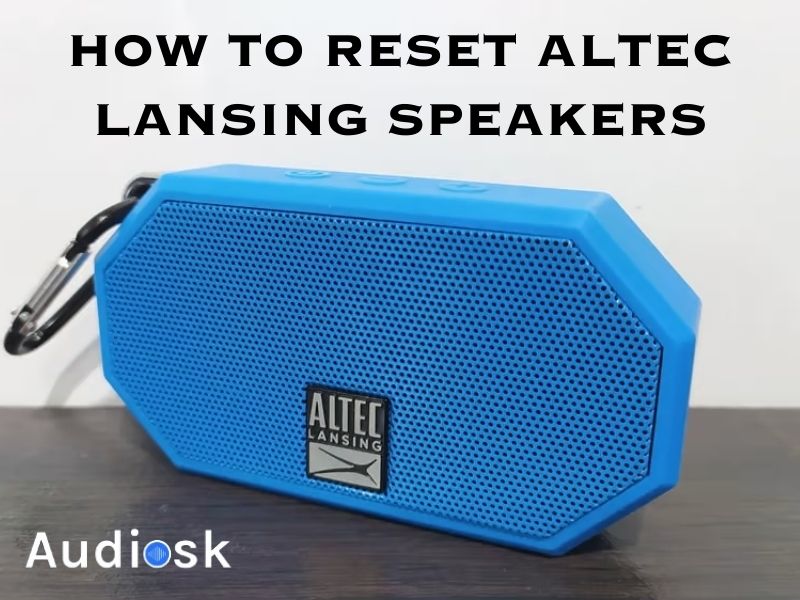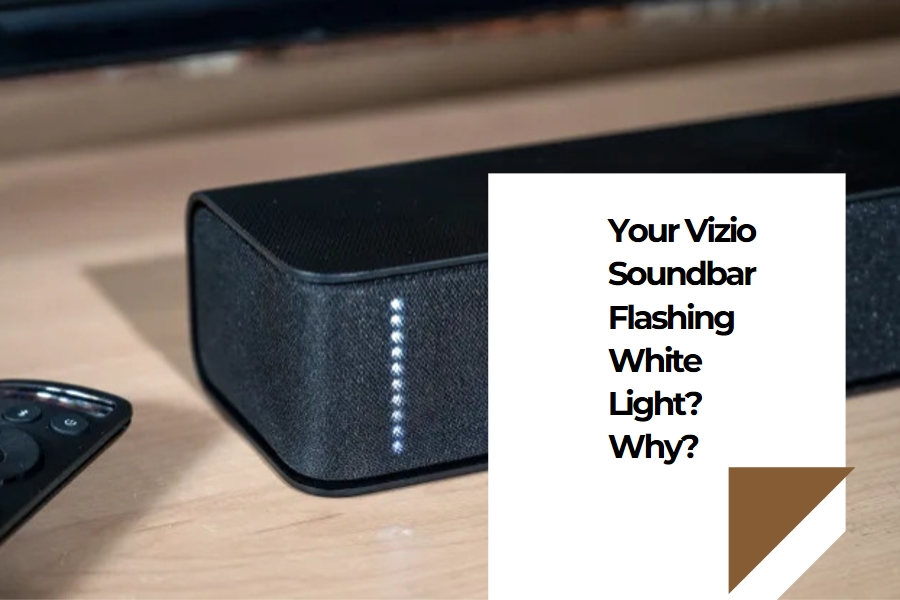Do you want to understand how to destroy speakers because your neighbor’s noise irritates you?
At audiosk, you have a strong grasp of the various speaker kinds. The procedure is simple. Suppose you seek instructions on the components and assembly. You have to read this article. Learn how to destroy faraway speakers by reading this post.
Do You Understand Speakers Work?
Do you know how speakers work? Read on right here to learn:
The basics of sound production
Every speaker is built on a basic idea: transforming electrical impulses into sound waves. The process is known as electromagnetism, a force that operates at the most basic level.
The components of a speaker
- Diaphragm (Cone): The diaphragm, also known as the cone, is a crucial element that responds to an electrical signal by moving.
- Voice Coil: The voice coil is wound around a former cylinder connected to the diaphragm.
- Permanent Magnet: The voice coil in a speaker interacts with the magnetic field created by the permanent magnet, which is stationary. Typically, ferrite, alnico, or rare earth elements are used to create the appeal.
- The suspension, often called the surround, is a flexible rim that lets the voice coil and diaphragm move freely.
- The basket holds all the components together. It is the speaker’s skeletal structure.
How To Destroy Speakers From A Distance?
With a basic understanding of speakers, let’s discuss methods to disable or destroy a speaker from a distance safely:
Using the active noise control feature
Active Noise Control (ANC) is a technique for reducing unwanted sound, commonly called noise-canceling. This method operates by releasing a sound wave that is identical in amplitude to the undesirable noise but has an inverted phase (also known as antiphase).
The noise is effectively canceled out as a result. Using this technique on a speaker makes the output muted and rendered worthless.
Put on some music and point the microphone at them to pick up the noise.
The process of amplification starts. You should set up your amplification with inverted polarity and in the other direction.
The 180-degree wavelength will now be added to the inverted speakers (as previously mentioned, describing speakers) to offset the in-phase wavelengths.
As a result, the sound will be disturbed and eventually weaken or disappear entirely.
Using a CB radio
CB (Citizens Band) radios can also be a potent tool to disable speakers. By tuning to a specific frequency and transmitting a strong enough signal, the electrical components of a nearby speaker could overload and stop functioning.
Besides, discussing speaker destruction, stripping speaker wire is key. Exposing the wire can cause a short circuit, potentially overloading and damaging the speaker. However, intentionally tampering with speaker wiring is dangerous and not advisable, as it poses safety risks and is ethically questionable.
This approach involves a more hands-on, do-it-yourself method. Here’s what we need:
- An affordable CB Radio
- A linear amplifier
- An antenna for the CB Radio
- A tone generator
Let’s break it down. A CB radio, short for citizens band radio, is a system used for short-range, person-to-person voice chats. It works on 40 different channels in the high-frequency band. A tone generator, on the other hand, is a tool that makes sound frequencies. It turns these into electrical signals and then into sounds.
Our first step is to find where your neighbor’s speakers are in their house. We place the antenna and amplifier close to this spot but outside their house. The right spot means we can effectively disrupt the speakers. Then, using the tone generator, we create a 10 Hertz tone. This action lets the amplifier boost the AM signals, sending out a 10kHertz pulse. This pulse, coming out of your neighbor’s speakers, can break them.
But, let’s consider a more respectful way to handle this. We can set up our CB system with an old speaker in our garage. Then, we invite our neighbor over, sparking their curiosity about our ‘invention’. We show it to them as a ‘test run’ in the garage.
By demonstrating how it can destroy a speaker, we send a clear, yet indirect, message about our dislike for their loud music. It’s not a threat, just a smart way to show what we can do. This method reflects how we can use technology to make a point without direct confrontation.
Annoy – A- Tron
You will do as follows: Go to your neighbor’s home and politely request that they turn down the music or stop playing it for so long. Always think before resorting to violence by exploring all the potential safe and cooperative solutions.
Choose an obnoxious sound, then conceal the gadget within or close to the speaker. Suppose your neighbor concurs but does nothing to reduce the noise, return to their home and find the speaker. The Annoy-A-Tron should be placed on or within the speaker, with the timer adjusted appropriately.
Now sit back and watch them disassemble their speaker in search of the offending noise. Your neighbor will undoubtedly become upset over this.
When aiming to damage speakers, a sign of success is when the speakers sound muffled. This usually means internal harm, often from too much power or physical damage. Causing this can lead to the desired muffled effect, showing the speaker is breaking down. However, remember that deliberately damaging speakers is risky and typically not recommended.
Safety Measures To Consider
- Dispose of Waste Responsibly: Parts of a speaker can be hazardous if not disposed of correctly. Research local e-waste recycling programs to ensure you’re not contributing to environmental harm.
- Use Appropriate Tools: When disassembling a speaker, use the right tools. Trying to force parts apart with inappropriate tools can lead to injury.
- Disconnect Power: Before dismantling or destroying a speaker, ensure it is disconnected from any power source. This can prevent electrical shock.
Conclusion
After reading the article at audiosk, you know how to destroy speakers. It can be challenging to deal with the noise made by distant speakers, but it’s crucial to handle the problem with respect, communication, and understanding. It’s important to keep moral and legal limits in mind.








